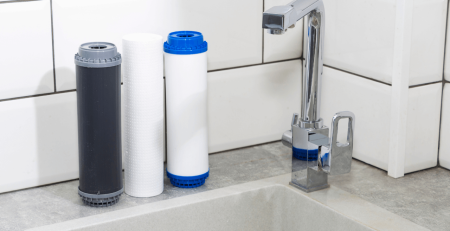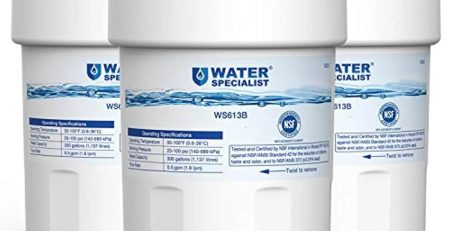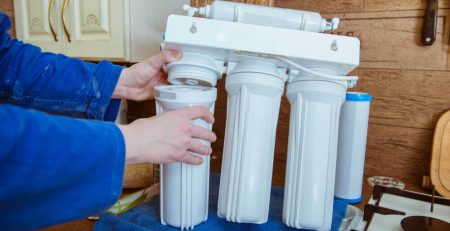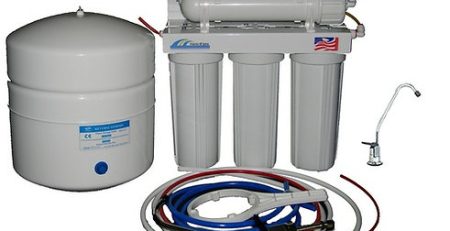Learn About the Role of Water in the Kidney
Water plays an essential role in the function of the kidneys. The kidneys are vital organs that help to filter waste and toxins from the body and maintain fluid balance. Without sufficient water, the kidneys cannot do their job properly.
- Water helps to dilute any waste or toxins in the blood, which allows them to be easily filtered by the kidneys.
- It also helps to flush out toxins that have already been filtered.
- Without enough water, toxins can build up in the body and lead to a variety of health problems.
- Water is also necessary for the kidney to create urine.
- The kidneys produce urine by filtering and reabsorbing water, electrolytes, and other substances from the blood.
If there is not enough water available, the kidneys cannot produce enough urine to rid the body of waste. This can lead to dehydration and other health problems.
In addition to helping the kidneys do their job, drinking enough water can also help to prevent kidney stones. Kidney stones are small, hard deposits of minerals and salts that can form in the kidneys when there are too many of certain substances in the urine.
When there is not enough water in the body, the urine becomes more concentrated with minerals and salts, which can lead to the formation of kidney stones. Drinking plenty of water helps to dilute the minerals and salts in the urine, reducing the risk of forming kidney stones.
Overall, water plays a crucial role in the health and function of the kidneys. Drinking enough water helps to keep the kidneys functioning properly, as well as reducing the risk of kidney stones. To keep your kidneys healthy, make sure to drink at least 8 glasses of water per day.
Why You Need Water For Your Kidneys and Bladder
Water aids in flushing out the urinary tract, maintaining everything in working order, as was previously indicated. We become dehydrated if we don’t drink enough water, which causes our pee to become more concentrated and our urine output to decrease. Insufficient urine production makes it difficult for the body to filter and eliminate waste, which can cause the urinary system to become inefficient.
Water and Kidney Health
To maintain healthy kidney function, you must drink water. The organs in charge of making urine are the kidneys, which are found directly below the rib cage. The kidneys process about 1 liter of blood per minute. Urine is then used to filter out waste and toxins from the blood.
Intake of Water and Bladder
The organ with a balloon shape in our pelvis known as the bladder serves as a reservoir for the urine our kidneys make. Our blood is filtered by the kidneys to remove waste, which is then delivered as urine to the bladder, where it stays until we empty it. Drinking more regularly causes the bladder to fill more quickly, which usually prompts us to urinate more frequently. Even while frequent bathroom visits can seem like a hassle, they are necessary to maintain a healthy and flushed bladder.
Keep Hydrated for a Healthy Urinary Tract with These Tips
Despite the fact that staying hydrated may seem fairly straightforward, it’s simple to become preoccupied throughout the day and forget to drink water. Here are some helpful suggestions to keep you hydrated so that your kidneys and bladder can continue to function normally:
Based on what your body requires, set a goal: While most experts will normally advise you to consume 8 glasses of water every day, this advice is not totally accurate. It’s a great place to start, but everybody is different and has various requirements. On average, men need 3.7 liters of water every day, whereas women only need 2.7 liters. Additionally, if you exercise more or less, this may change.
Set reminders and carry a water bottle with you: because it’s simple to forget to hydrate when there isn’t any available. Carry a bottle of water with you wherever you go and make it a habit to set reminders on your phone to sip from it every 30 minutes or to finish and replenish it every hour or two.
Replace other fluids with water instead: If you often love soda, sports drinks, and other sugary beverages throughout the day, it would be a good idea to start doing so. These beverages include a lot of extra sugar, which is bad for your health.
Aim to drink one to two full glasses of water with each meal: If you don’t like the notion of carrying a water bottle with you wherever you go. The majority of people typically eat three meals a day, with an occasional snack in between. You should reach close to 8 glasses of water per day if you drink one glass of water before and after each meal and snack.
Increase your consumption of meals with high water content: because many fruits and vegetables do. You may easily increase the amount of water you consume throughout the day by adding more of these things to your diet. Lettuce, watermelon, and celery are a few examples.
When You Become Dehydrated, What Happens?
It’s crucial to follow the advice above to stay hydrated because water is necessary for the health of our urinary tract. There are numerous ways your body might be impacted by inadequate hydration, including:
Having a urinary tract infection: When we don’t drink enough water, our urine congeals and frequently stays in the bladder for a long time before we experience the urge to empty it. This may aggravate the bladder lining and encourage the growth of unwelcome microorganisms.
Insufficient water intake: this results in concentrated urine, which can cause a buildup of crystallized minerals in the urinary tract and cause kidney stones and infection. When this occurs, an infection may arise, which may result in additional issues like kidney stones. Kidney failure can result from untreated kidney infections and stones.
It’s critical to get medical attention as soon as possible if you have urinary tract infection (UTI) symptoms in order to avoid future kidney problems. A general practitioner can frequently treat simple UTIs; but, if the condition worsens or persists, you could require a referral to a urologist.








Comment (1)
[…] it comes to drinking water, there is a lot of debate over whether filtered or unfiltered water is better. While there are […]
Comments are closed.